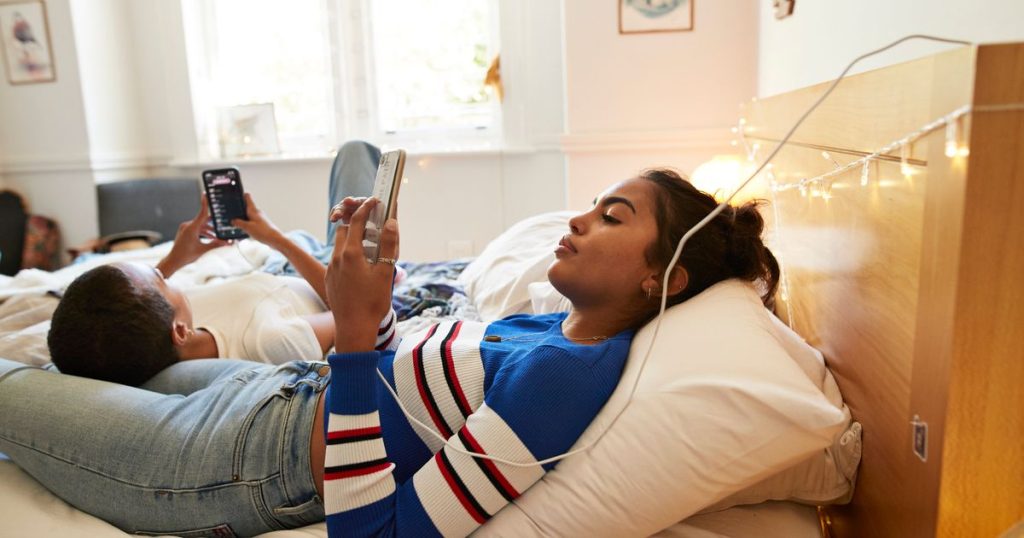Charging our phones overnight has become a routine for many of us, ensuring we start the day with a full battery. However, this habit might not be the best for our phone’s battery health. While modern batteries are designed to last, certain charging practices can affect their longevity. Overnight charging often keeps the battery at 100%, which can cause chemical aging, potentially reducing its lifespan over time.
Experts like Chao-Yang Wang and Dibakar Datta suggest that consistently charging to full capacity can degrade the battery faster compared to charging it to a lower percentage, such as 90%. Wang notes that this degradation, while not dramatic, can be noticeable, with the battery deteriorating 10% to 15% faster. Despite this, modern batteries are robust, so the impact is gradual. You might need a new phone for other reasons, like an improved camera or a cracked screen, before battery issues arise.
When it’s necessary, charging to 100% is perfectly fine. For instance, on a travel day requiring constant navigation, a full charge is beneficial. However, for everyday use, especially at home, keeping the battery between 20% and 80% is ideal. This range helps maintain health and longevity. Datta advises avoiding letting the battery drain to 0% regularly, as this can harm its ability to hold a charge, suggesting to plug in once it hits 20%.
Extreme temperatures also play a role in battery health. Both high heat and cold can damage the battery more than charging habits. Fast chargers, while convenient, can generate heat, degrading the battery over time. Slow charging is preferable as it reduces heat production, preventing potential damage. Interestingly, phones often adjust their charging rates in extreme climates, sometimes showing “too hot to charge” notifications. Consistently receiving such alerts should prompt attention to battery usage.
Maintaining your phone in room temperature is advisable. Fast chargers, though tempting for quick top-ups, should be used sparingly. The heat they generate can degrade the battery and pose safety risks, as overheated batteries have caused phones to catch fire. If concerned about battery health, most smartphones allow checking battery health in settings. If health drops below 80%, replacement is recommended, according to Datta.
In conclusion, simple adjustments to our charging habits can significantly impact battery health. By avoiding overnight charges, keeping the battery at a moderate level, avoiding full drainage, and being mindful of temperature and charger type, we can extend our phone’s battery life. These practical tips are easy to follow and enhance overall device performance.









